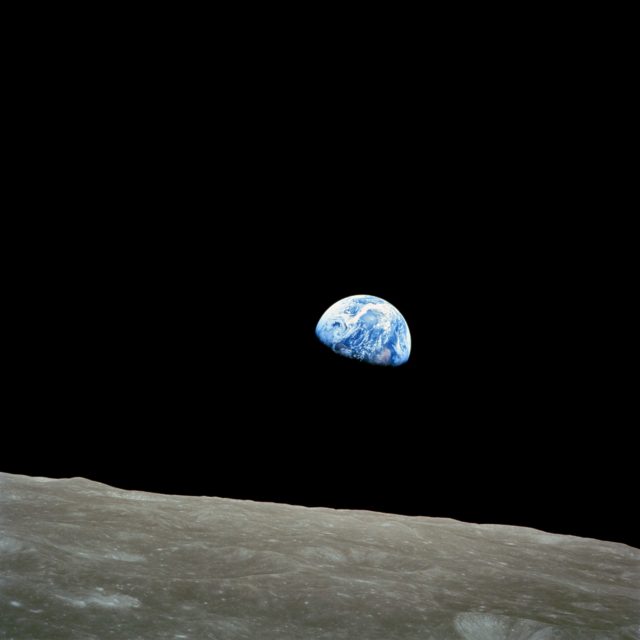Megan McArdle, discussing the uproar over the Attorney General Jeff Sessions “did he or didn’t he lie to congress” debate, took time to clarify why we don’t (and can’t) parse spoken communications in the same way we do with written work:
If you read the latter part of this exchange extremely strictly, chopping off the preamble, then you can argue that Sessions was technically untruthful. The problem is that this is not how verbal communication works. The left is attempting to hold the attorney general to a standard of precision that is appropriate for written communication, where we can reflect on preceding context and choose exactly the right word.
Oral language is much looser, because it’s real time. Real time means that we don’t have 20 minutes to puzzle over the exact phrasing that will best communicate our meaning. (For example: Reading this column aloud will take you perhaps five minutes. It took me nearly that many hours to write.) On the other hand, our audience is right there, and can ask for clarification if they are confused.1
Demanding extreme clarity from an oral exchange is unreasonable. Moreover, everyone understands that this is unreasonable — except, possibly, for the chattering classes, who spend their lives so thoroughly marinated in the written word that they come to think that the two spheres are supposed to be identical. Most ordinary people understand very well that there’s a big difference between talking and writing (which is why most people, even those who are dazzling in conversation, have a hard time producing fluid and lively prose).
That’s not to say that it’s wrong to investigate the Trump administration’s ties to Russia. Investigate away! If the Trump campaign knew about, or colluded with, the hack on the DNC, then Trump should be impeached. But at the moment, we have no evidence that Sessions committed a crime, much less attempted to cover it up. The court of public opinion is probably going to require somewhat better facts to convict.
1. One reason that we writers spend so much time thinking about precise wording, and larding our prose with extra paragraphs meant to clarify exactly what we’re talking about, is that language is rife with ambiguity. This is why, at one time, Annapolis cadets were required to take a class in which they would write orders, and their fellow cadets would tear them apart looking for ways that a simple order could be misunderstood. It’s also one reason so many people get into so much trouble on Twitter: they write like they talk, but stripped of cues like context and facial expression, what they say is very easily taken the wrong way.




